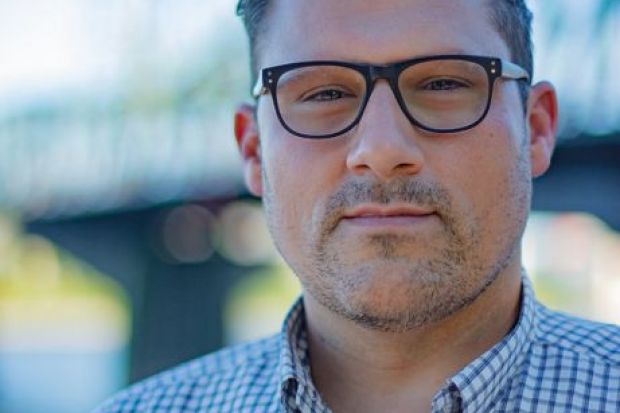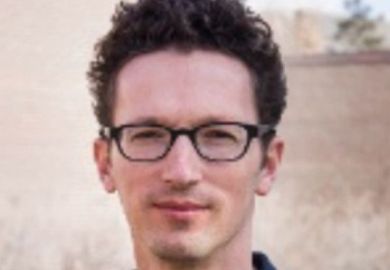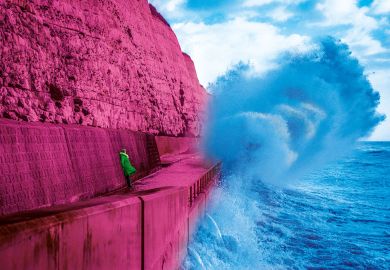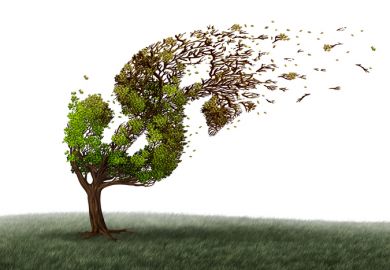Nicholas Buccola is Elizabeth and Morris Glicksman chair in political science at Linfield College in McMinnville, Oregon. His latest book is The Fire Is upon Us: James Baldwin, William F. Buckley Jr., and the Debate over Race in America (Princeton).
What sort of books inspired you as a child?
When I was curled up with a book (something that did not happen as often as my mother would have liked), it was likely to be Shel Silverstein, Mark Twain, Louis Sachar or The Wonderful World of Oz (which was an obsession).
Your new book explores the debate in Cambridge between James Baldwin and the conservative thinker William Buckley. Which books initially spurred your interest in racial identities and rights?
I have long been fascinated by autobiographical reflections on race and American identity. There is something about the autobiographical format that makes real our abstract musings about rights and power. Frederick Douglass was the first to pull me in and I have since been fairly obsessed with the African American tradition, especially James Baldwin, Anna Julia Cooper, W.E.B. DuBois, Zora Neale Hurston, Ta-Nehisi Coates and Claudia Rankine.
Which general books would you recommend for understanding Baldwin and the wider civil rights movement of the 1960s?
The first thing everyone ought to do is read the primary sources. Start with Baldwin’s essay “Notes of a Native Son”, then read “Down at the Cross” and Go Tell It on the Mountain. Then read everything else Baldwin ever wrote. In addition to other primary sources from the era (I am especially fond of Martin Luther King, Malcolm X, Bayard Rustin and Ella Baker), I recommend the works of Taylor Branch, Barbara Ransby, Manning Marable and Clayborne Carson.
What are the best accounts of the conservative strand in American thought, from Buckley’s time until today?
Again, I am fond of primary sources first and there are a few edited volumes out there that give the reader a sense of the various factions. As far as secondary sources go, I recommend George H. Nash’s The Conservative Intellectual Movement in America since 1945, Patrick Allitt’s The Conservatives: Ideas and Personalities throughout American History, Rick Perlstein’s trilogy on the American Right and Godfrey Hodgson’s The World Turned Right Side Up: A History of the Conservative Ascendancy in America.
What is the last book you gave as a gift, and to whom?
I gave a copy of Zora Neale Hurston’s autobiography, Dust Tracks on a Road, to my mother.
What books do you have on your desk waiting to be read?
I am in the process of reading (or looking forward to reading) Katrina Forrester’s In the Shadow of Justice: Postwar Liberalism and the Remaking of Political Philosophy, Anthony McCann’s Shadowlands: Fear and Freedom at the Oregon Standoff, Ibram X. Kendi’s How to Be an Antiracist, Imani Perry’s Looking for Lorraine: The Radiant and Radical Life of Lorraine Hansberry and Corey Robin’s The Enigma of Clarence Thomas.
Register to continue
Why register?
- Registration is free and only takes a moment
- Once registered, you can read 3 articles a month
- Sign up for our newsletter
Subscribe
Or subscribe for unlimited access to:
- Unlimited access to news, views, insights & reviews
- Digital editions
- Digital access to THE’s university and college rankings analysis
Already registered or a current subscriber? Login








